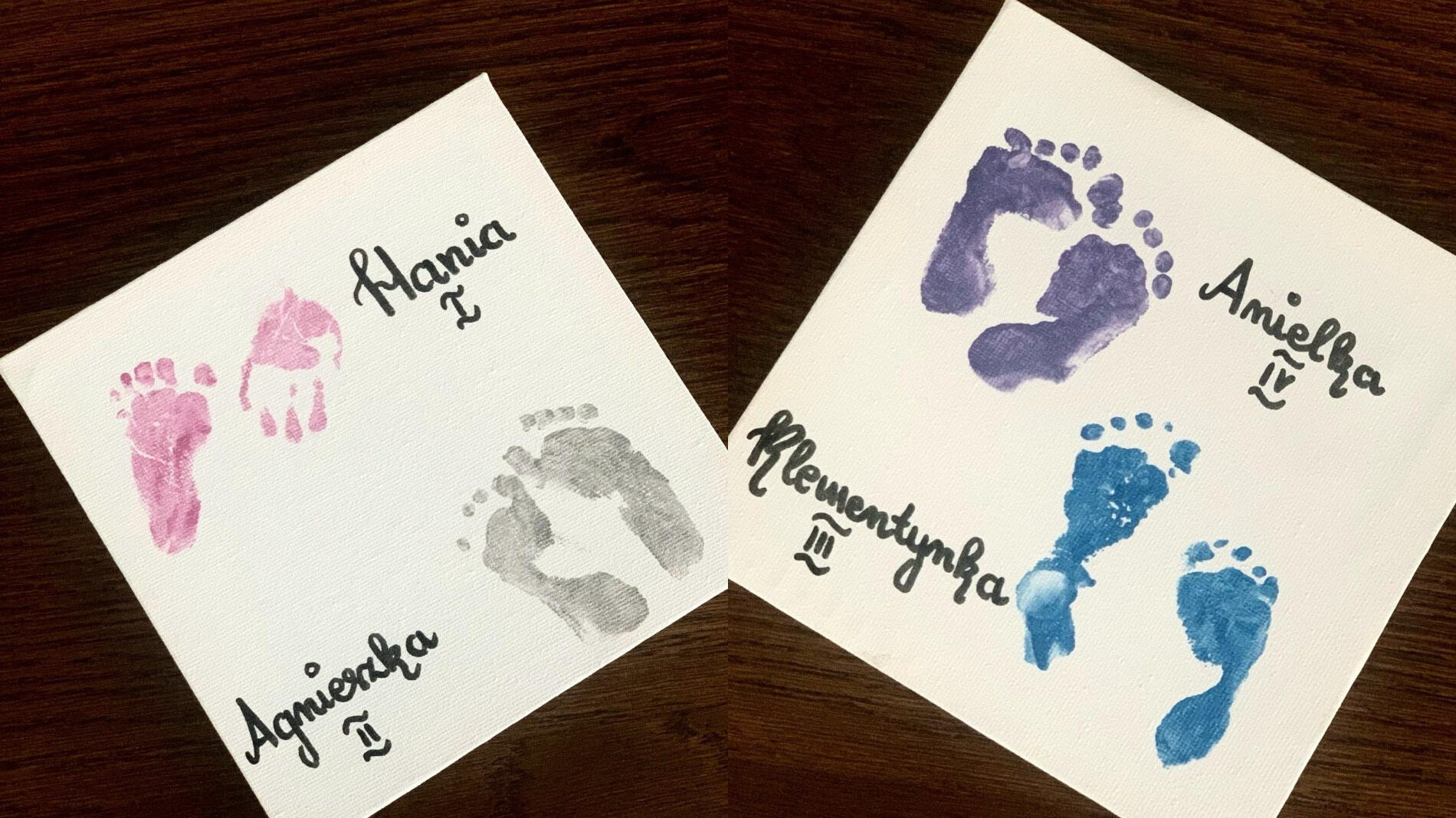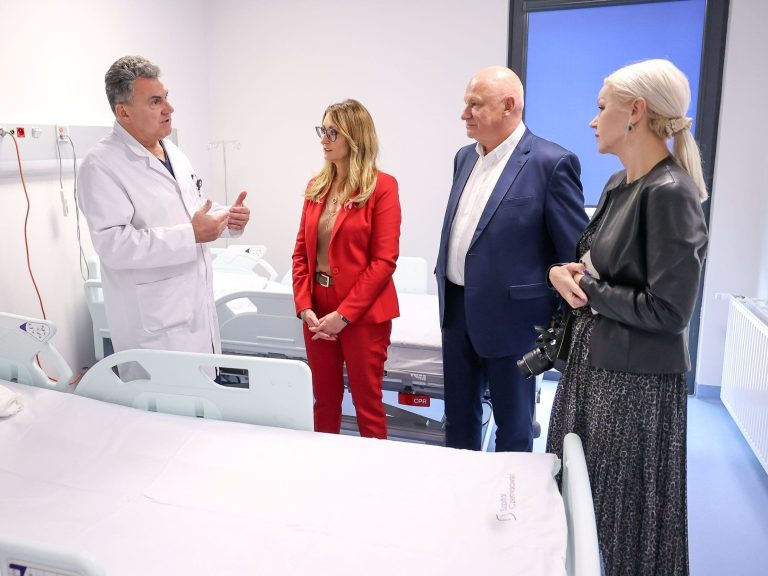Successful birth of quadruplets in Krakow. “Four Strong Caterpillars”

Quadruplets were born at the University Hospital in Krakow – four girls. They are currently under the care of a team of neonatologists.
At the end of February, Mrs. Dominika and Mr. Marcin Gąsienica-Matus welcomed quadruplets into the world. On Friday, the University Hospital in Krakow announced that after the birth of four girls – Agnieszka, Hania, Klementynka and Anielka, they were under the careful care of the team of the Clinical Department of Neonatology, and their parents can't wait for their arrival home. The health of newborns is closely monitored by prof. Ryszard Lauterbach, Branch Manager.
These are the first children of Mrs. Dominika and Mr. Marcin. Mrs. Dominika found out quite quickly that the couple was expecting a group.
Quadruplets were born in Krakow. “They have pictures of caterpillars”
– It was practically during the first follow-up ultrasound. I went for an examination and the doctor announced that there would be a grade four. I immediately called my husband, who was a bit speechless, said the girls' mother. – He was even a little speechless – added Mr. Marcin. Mrs. Dominika said that she felt quite good during her pregnancy and coped with it well.
– Such a pregnancy is extremely rare. During my twenty-one years of professional work, this is only my second quadruplets – said prof. Hubert Huras, head of the Clinical Department of Obstetrics and Perinatology at the University Hospital in Krakow.
Mrs. Dominika thanked the hospital staff for their care and support.
– It's indescribable. At the first meeting, the professor told us such a cool sentence that they were “four very strong, characterful caterpillars”, so now they even have drawings of caterpillars on their incubators – she said.
Prof. Huras explained that managing a multiple pregnancy requires appropriate knowledge and a special approach. – The future mother of multiples must stay in the ward from the 26th week of pregnancy, and delivery occurs between the 30th and 32nd week. Monitoring the well-being of fetuses poses the greatest challenge. Such children must be properly prepared for birth, i.e. intrauterine stimulation of lung maturation based on steroids must be performed. We also use magnesium sulfate for neuroprotection. All this to ensure that children are born in the best possible condition, he explained.






